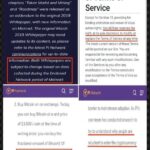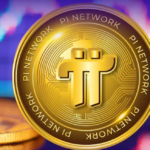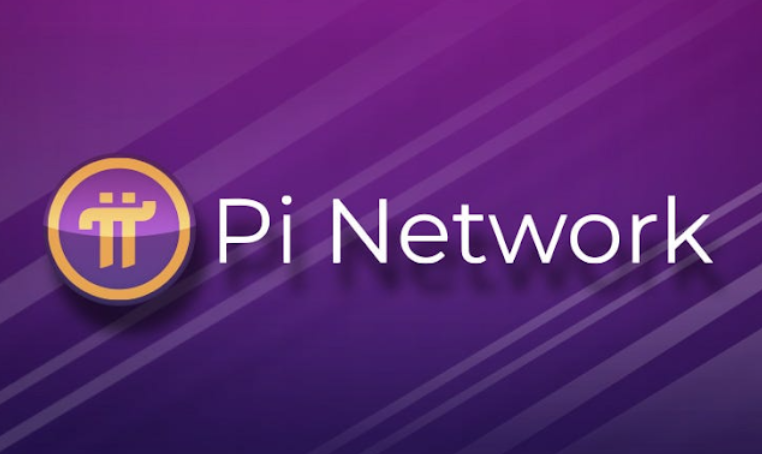In an unconfirmed but intriguing development, reports hint that the United States government may be exploring potential support for Pi Network, viewing it as a valuable tool to strengthen the nation’s competitive edge in the global digital economy. Although formal endorsement is still absent, Pi Network’s novel approach to cryptocurrency is increasingly seen as a potential catalyst for a decentralized and accessible digital currency ecosystem that could reshape financial technology.
Launched as a unique cryptocurrency, Pi Network enables users to mine coins directly from their mobile devices, sidestepping the high energy demands and technical barriers seen with major cryptocurrencies like Bitcoin and Ethereum. Its smartphone-friendly model democratizes access to cryptocurrency mining, allowing more widespread participation and inclusion.
A Strategic Shift to Decentralized Financial Models?
If a global economic heavyweight like the United States were to back a widely accessible digital currency platform like Pi Network, it could signal a shift toward decentralized economic models that emphasize inclusivity and innovation. Pi Network’s simplified framework has already garnered international interest, positioning it as a potential infrastructure for swift, cost-effective cross-border transactions, with implications for both financial inclusion and economic expansion.
Why Governments Are Examining Blockchain Technologies
Around the world, governments and regulatory bodies are closely watching blockchain’s potential, recognizing it as a solution to challenges in traditional financial systems, such as inefficiency, opacity, and susceptibility to fraud. For the US government and other leading economies, blockchain presents benefits that include:
- Transparency: Blockchain’s verifiable and permanent records enhance transparency, minimizing fraud risks.
- Decentralization: A distributed control system reduces reliance on centralized entities, mitigating risks of single points of failure.
- Accessibility: Blockchain-based systems like Pi Network could provide digital financial services to unbanked populations, addressing economic disparities.
Pi Network’s user-friendly structure is drawing interest from both developed and developing countries, providing a potential model for policymakers focused on financial inclusion and economic growth.
Global Economic Leadership and the Role of Pi Network
If Pi Network’s adoption continues to grow, it could give supportive nations a valuable advantage in the increasingly competitive global economy. The network’s expanding user base and its potential to lower transaction costs could transform global commerce by streamlining the transfer of goods and services.
The United States’ consideration of blockchain advancements, particularly accessible platforms like Pi Network, may be a step toward leading the digital finance revolution, helping to secure its economic competitiveness in a rapidly changing financial landscape. By lowering the barriers to digital finance, Pi Network could stimulate economic activity worldwide as more individuals gain access to decentralized currency.
Beyond Speculation: Pi Network’s Prospects in a Digital Finance Future
While the speculation around U.S. backing of Pi Network remains unconfirmed, it reflects a growing trend of interest in decentralized financial models. Governments worldwide are beginning to see innovations like Pi Network not as short-lived experiments but as potentially transformative technologies suited for a globalized economy.
Although Pi Network’s journey toward widespread adoption is ongoing, its potential to foster a more inclusive, efficient global financial ecosystem is clear. Regardless of whether the U.S. government formally backs Pi Network, its emerging role in the digital economy and its capacity to democratize financial access make it a noteworthy player on the global stage. As the digital age progresses, Pi Network’s impact on the future of finance may indeed be profound.








